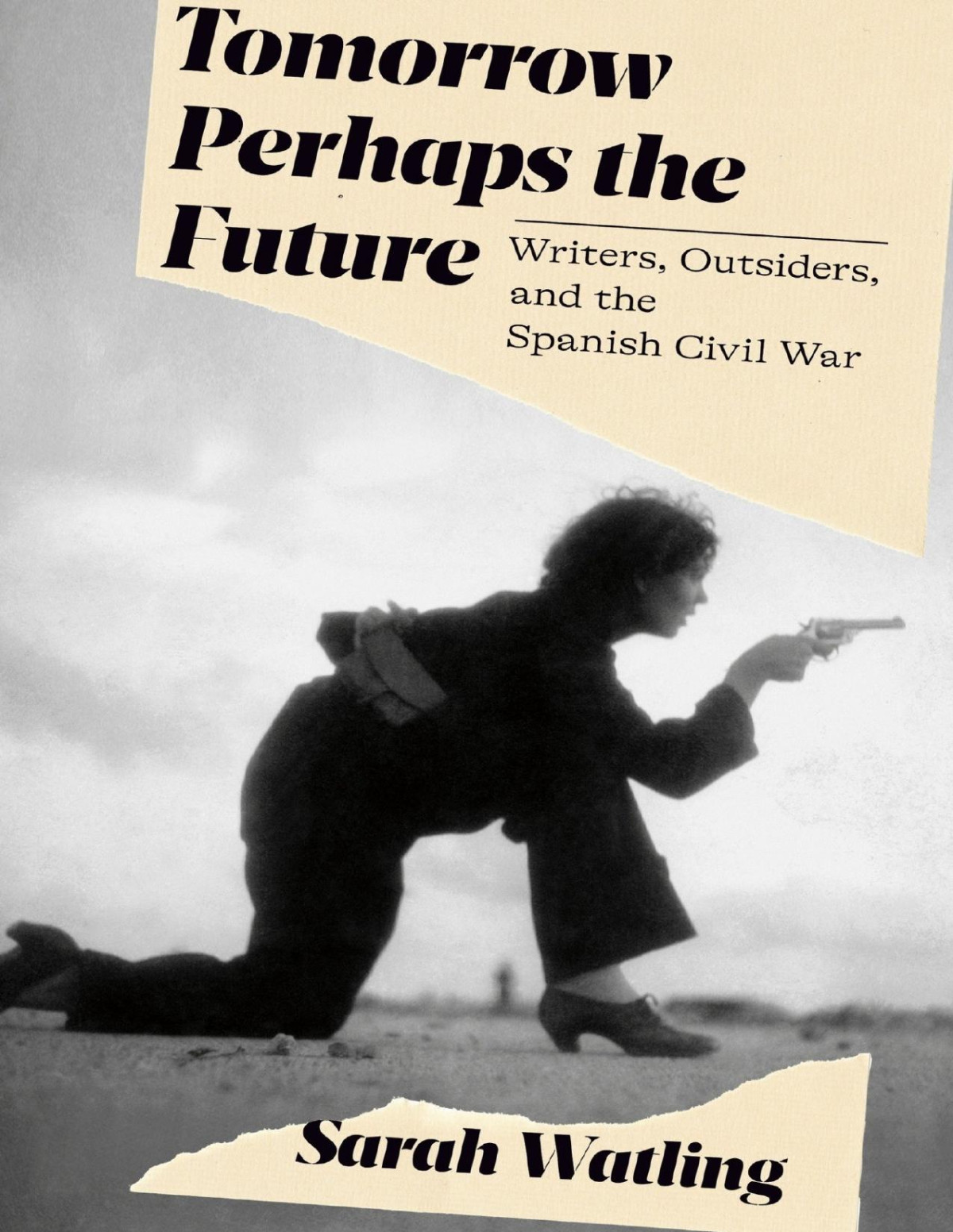

Most ebook files are in PDF format, so you can easily read them using various software such as Foxit Reader or directly on the Google Chrome browser.
Some ebook files are released by publishers in other formats such as .awz, .mobi, .epub, .fb2, etc. You may need to install specific software to read these formats on mobile/PC, such as Calibre.
Please read the tutorial at this link: https://ebookbell.com/faq
We offer FREE conversion to the popular formats you request; however, this may take some time. Therefore, right after payment, please email us, and we will try to provide the service as quickly as possible.
For some exceptional file formats or broken links (if any), please refrain from opening any disputes. Instead, email us first, and we will try to assist within a maximum of 6 hours.
EbookBell Team

4.1
70 reviewsSeeking to understand how they knew that the moment to act had arrived, Watling sifts through archives for lost journals, letters, and manifestos, discovering a trove of work by writers and outsiders who had often been relegated to the shadows of famous men like Ernest Hemingway and George Orwell. She encounters the rookie journalist Martha Gellhorn coming into her own in Spain and the radical writer Josephine Herbst questioning her political allegiances. She finds the novelist Sylvia Townsend Warner embracing a freedom in Barcelona that was impossible for queer women back at home in England and, by contrast, Virginia Woolf struggling to keep the war out of her life, honing her intellectual position as she did so. She tracks down the stories of Gerda Taro, a Jewish photographer whose work had long been misattributed, and Salaria Kea, a nurse from Harlem who saw the war as a chance to combat the prejudice she experienced as a woman of color. Here were individuals seizing an opportunity to oppose the forces that frightened them.
From a variety of backgrounds and beliefs, these women saw history coming, and they went out to meet it. Yet the reality was far from simple. When does tolerance become apathy? Where is the line between solidarity and appropriation? Is writing about the revolution the same as actively participating in it? With profound, personal insight, Watling reveals that their answers are as relevant today as they were then.